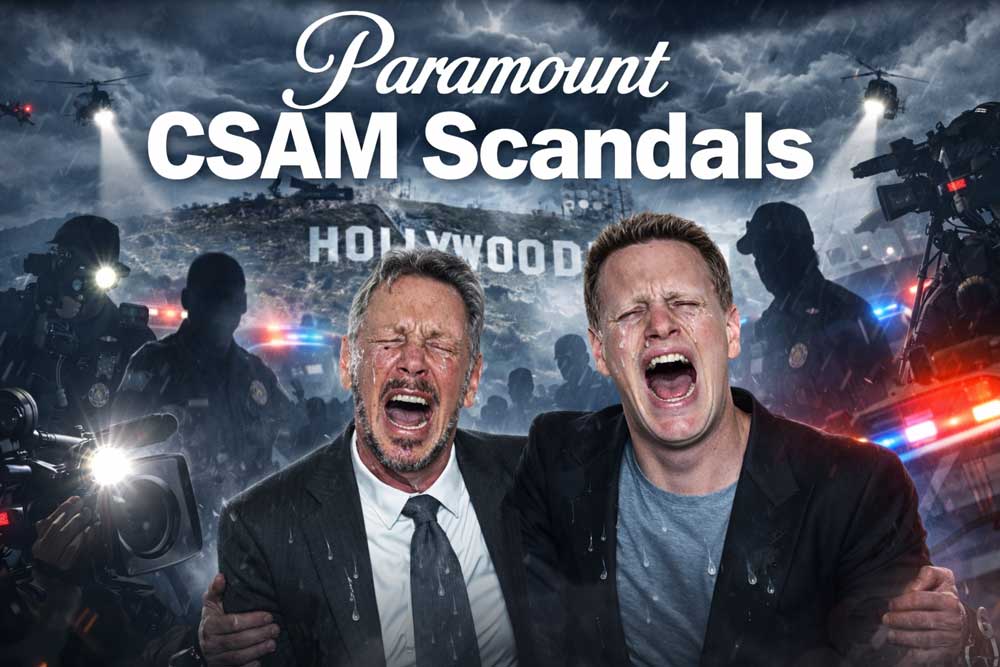Dog fighting is as secretive as it is barbaric.
The people behind the illegal bloodsport carefully conceal their identities, fearful of arrest and prosecution.
However, one dog fighter's IT mix-up led an undercover BBC investigation to unmask some of those involved in one of Europe's largest dog fighting networks.
The BBC has tracked fighting kennels to unlikely places in the UK – from a busy housing estate to the grounds of a stately home.
A simple mis-click from one member of a top-secret online dog fighting forum exposed the brutal reality of today's dog fighting.
The leak revealed graphic match reports documenting fight after fight, injured animal after injured animal.
A vast haul of intelligence was quickly harvested by the animal welfare charities, the League Against Cruel Sports (LACS) and the Ulster Society for the Prevention of Cruelty to Animals (USPCA).
That was the first glimpse of a highly secretive international dog fighting syndicate - one which the BBC has spent the past six months investigating and exposing.
Russ Middleton, a former police officer turned Head of Intelligence for LACS, called the information gathered golden.
The law across the UK bans not only fighting, but also owning fighting dogs, training them to fight, trading animals and even filming fights without good reason.
Despite these prohibitions, the investigation revealed an organized network stretching from the UK across Europe, utilizing various platforms for collaboration and information sharing.
The investigation also featured an undercover BBC journalist who posed as a dog fighter, gaining the trust of European network members and ultimately exposing the brutal practices involved.
Ruby, a pit bull who was presented by a seller during undercover meetings, became a symbol of the rehabilitative efforts required in the aftermath of such animal cruelty.
Experts agree that any dog fight is one too many, emphasizing the urgent need for comprehensive awareness and action against dog fighting and animal cruelty.


















